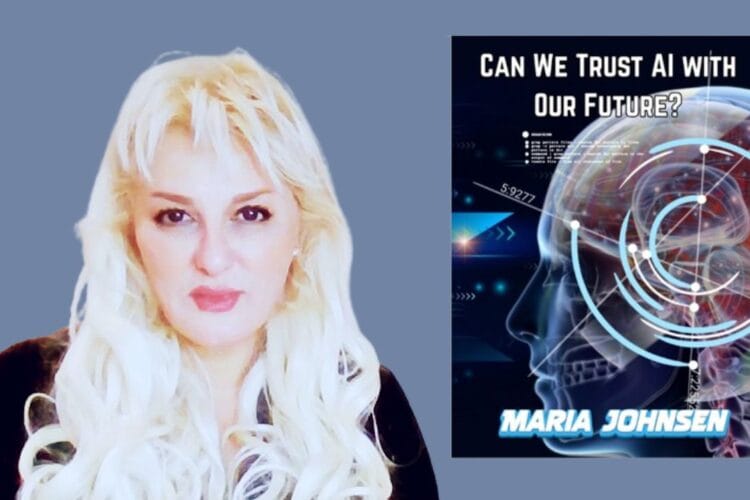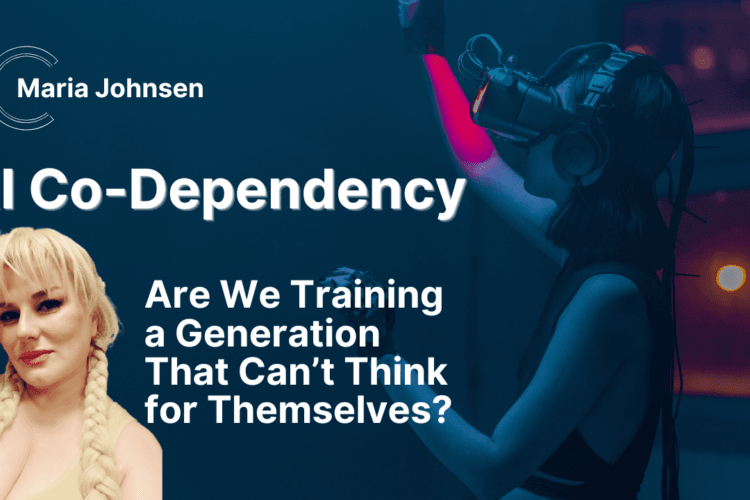
The Democratization of AI
Democratization of AI makes advanced AI tools accessible to all, fostering innovation, bridging digital divides, and empowering businesses globally.
Artificial intelligence has surged into the mainstream, influencing everything from day-to-day productivity to how businesses operate. Among the key figures driving this revolution is Sam Altman, the CEO of OpenAI. His groundbreaking work with ChatGPT has pushed AI out of the exclusive hands of tech giants and into the broader public domain. ChatGPT by OpenAI is not open-source. While OpenAI initially released some of its early models as open source (such as GPT-2), recent versions like GPT-3, GPT-4, and ChatGPT are proprietary and available through OpenAI’s API and subscription services. This decision aims to maintain control over the model’s use, manage its deployment, and address potential ethical and security concerns around open access to powerful AI tools.
By making AI more accessible, Altman has sparked a paradigm shift, empowering millions of people with advanced AI capabilities that, until recently, were only within reach for large corporations. This accessibility has fundamentally reshaped business, creativity, and even the balance of power within the tech industry. However, this rapid democratization of AI has also sent shockwaves through established markets and created concerns among traditional elites who now see open-source AI as a disruption to their monopolies.
The Democratization of AI – overview
Historically, access to cutting-edge AI was limited by cost, expertise, and exclusive partnerships. The development of models like ChatGPT has lowered these barriers, putting sophisticated AI tools within reach for a much larger audience. This democratization has allowed small businesses, independent creators, and everyday users to leverage AI for a wide range of applications. From drafting emails, generating ideas, and conducting data analysis to creating content and automating tasks, people now have a powerful digital assistant in ChatGPT.
For small businesses, especially, ChatGPT has been a game-changer. Instead of spending large sums on specialized personnel or software, businesses can use ChatGPT to handle routine tasks or even explore complex functions like customer support, marketing, and content creation. This has opened new doors for small players to compete with larger, more resourceful companies, leveling the playing field in unprecedented ways. The ability for small businesses to access high-quality AI support without breaking the bank is fostering an environment where innovation can emerge from anywhere—not just from corporate giants with vast R&D budgets.
At the same time, ChatGPT has contributed to individual empowerment by enabling people to develop skills, streamline daily tasks, and expand their personal creativity. Students, freelancers, and content creators now have access to a reliable, affordable resource that can support their projects, ideas, and problem-solving. This level of accessibility has fundamentally changed the landscape of digital tools, making ChatGPT and open-source AI models essential for fostering individual and organizational growth.
Billionaires’ Fears Of The Democratization of AI
With the rise of accessible AI, established tech elites have felt an existential threat. Traditionally, the tech industry has been dominated by a small number of highly influential companies that control the most advanced technology, from search engines to social media platforms and cloud computing services. By democratizing AI, Altman’s open-source approach has disrupted this oligopoly, enabling small businesses to compete in ways that were previously unimaginable.
In response to this disruption, a notable trend emerged among billionaires and industry leaders. Over the past few months, they’ve voiced concerns about the speed at which open-source AI is advancing, going so far as to call for a “pause” on AI development. Officially, the concern is about regulating AI for safety and ethical concerns. However, there’s more at play than public safety alone.
This appeal to slow AI development can also be seen as a defensive maneuver from those who once held unchallenged dominance in the tech world. By slowing down open-source AI progress, established players hope to maintain their market share and catch up with the rapidly advancing technology that has taken them by surprise.
This resistance wasn’t born from a genuine worry for the average user’s well-being; rather, it stemmed from a realization that open-source AI was developing at such a pace that traditional players were being left behind.
The technology was growing beyond their control, allowing small players to leverage AI capabilities that were once considered exclusive assets of industry giants. Altman’s ChatGPT and the subsequent shift toward accessible AI had arrived so quickly that it exposed the vulnerability of tech monopolies, forcing them to adopt strategies to safeguard their interests in an increasingly decentralized landscape.
The Democratization of AI – Innovation and Progress
The implications of the Democratization of AI and open-source AI reach far beyond market competition—they shape the future of technological innovation. Open-source AI models like ChatGPT offer transparency, enabling researchers, developers, and users worldwide to study, modify, and enhance the technology. This collective effort leads to a faster rate of improvement and encourages innovation from unexpected sources, making the AI ecosystem more robust and resilient.
With proprietary models, innovation is often confined within corporate walls, where decisions are driven by profit and restricted by patents. Open-source AI, on the other hand, fosters a community-driven approach where advancements can benefit a broader audience. This model of development, in which advancements are shared freely, creates a unique environment where small businesses, academic institutions, and individual developers can contribute and learn, pushing the boundaries of what AI can achieve.
Furthermore, open-source AI encourages ethical oversight and transparency, offering a counterbalance to the power concentrated in private companies. By allowing a diverse community to scrutinize and enhance AI, the technology evolves with greater accountability and inclusivity. This community-driven growth enables AI to serve as a public good, catering to a wider range of needs and values, rather than being shaped solely by the interests of those who can afford to fund its development.
The Democratization of AI : A Shift Toward a More Equitable Tech
As AI continues to evolve, Sam Altman’s work with ChatGPT exemplifies the potential of open-source technology to create a more equitable digital landscape. Altman’s vision challenges the conventional wisdom that cutting-edge technology must remain within elite circles, controlled and monetized exclusively by tech giants. By making AI accessible, he has demonstrated that empowering smaller players leads to greater innovation, economic growth, and resilience within the tech ecosystem.
The democratization of AI represents a shift away from centralized control, encouraging a world where creativity and opportunity can arise from anywhere. By giving individuals and small businesses the tools they need to compete, innovate, and succeed, Altman’s open-source approach is laying the foundation for a more inclusive future where technology serves everyone—not just the select few.
Despite resistance from traditional powerholders, the momentum of open-source AI reflects a profound change in the way technology is developed, accessed, and applied. The rise of ChatGPT and open-source AI is not just a milestone for artificial intelligence; it’s a blueprint for a new, more equitable technological age.



